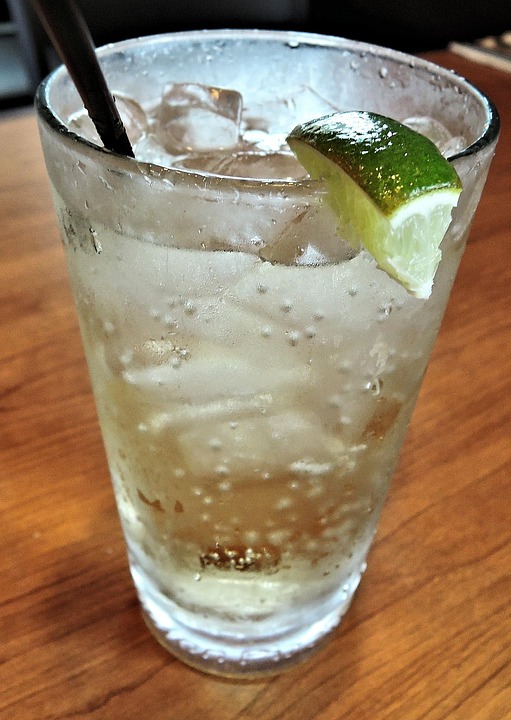Introduction
Ginger ale is a popular carbonated beverage known for its distinctive flavor and health benefits. As consumer demand for natural and clean-label products continues to rise, brands must carefully consider the ingredients they use when formulating ginger ale. In this report, we will explore what brands must consider when formulating ginger ale with natural ingredients to meet the growing market demand.
Market Trends and Demand
Consumer Preference for Natural Ingredients
Consumers are increasingly seeking products made with natural ingredients and are moving away from artificial additives and preservatives. This shift in consumer preferences is driving the demand for natural ginger ale products that are free from artificial flavors, colors, and sweeteners.
Growth of the Craft Beverage Industry
The craft beverage industry, which includes artisanal and small-batch producers, is experiencing significant growth as consumers seek unique and high-quality products. Brands that formulate ginger ale with natural ingredients can tap into this growing market segment and differentiate themselves from mainstream brands.
Health and Wellness Trends
The health and wellness trend is influencing consumer purchasing decisions, with many seeking beverages that offer functional benefits. Ginger ale, known for its digestive and anti-inflammatory properties, is positioned to capitalize on this trend when formulated with natural ingredients that enhance its health benefits.
Key Considerations for Formulating Ginger Ale with Natural Ingredients
Ingredient Sourcing
When formulating ginger ale with natural ingredients, brands must carefully consider the sourcing of their ingredients. Using high-quality, organic ginger and other natural flavorings can enhance the taste and health benefits of the beverage. Brands should prioritize working with suppliers who adhere to sustainable and ethical sourcing practices.
Sweeteners and Flavorings
Traditional ginger ale is often sweetened with high-fructose corn syrup or artificial sweeteners. Brands looking to create a natural ginger ale should explore alternative sweeteners such as cane sugar, honey, or stevia. Natural flavorings like lemon, lime, or mint can also be used to enhance the taste of the beverage without relying on artificial additives.
Packaging and Labeling
The packaging and labeling of natural ginger ale play a crucial role in attracting consumers. Brands should opt for eco-friendly packaging materials and clearly communicate the use of natural ingredients on the label. Transparency in labeling can build trust with consumers and differentiate the product from competitors.
Industry Insights and Competitor Analysis
Financial Data
According to market research firm Grand View Research, the global ginger ale market was valued at $1.2 billion in 2020 and is projected to reach $1.6 billion by 2028, growing at a CAGR of 3.6%. The demand for natural ginger ale is expected to drive market growth as consumers increasingly prioritize health and wellness.
Actual Companies
Several companies have already capitalized on the trend of natural ginger ale. Reed’s Inc., a leading producer of natural sodas, offers a line of ginger ale made with real ginger, honey, and spices. Fever-Tree, known for its premium mixers, also offers a natural ginger ale made with a blend of three types of ginger for a complex and spicy flavor profile.
Industry Insights
The ginger ale market is highly competitive, with both mainstream and craft brands vying for market share. Brands that differentiate themselves with natural ingredients and unique flavor profiles can stand out in a crowded market. Consumer education and marketing campaigns highlighting the health benefits of natural ginger ale can help brands attract health-conscious consumers.
Conclusion
In conclusion, brands looking to formulate ginger ale with natural ingredients must consider consumer preferences, market trends, and competitor strategies. By sourcing high-quality ingredients, using natural sweeteners and flavorings, and prioritizing eco-friendly packaging and labeling, brands can create a unique product that resonates with health-conscious consumers. With the market for natural ginger ale on the rise, brands that innovate and differentiate themselves will be well-positioned for success in the competitive beverage industry.




